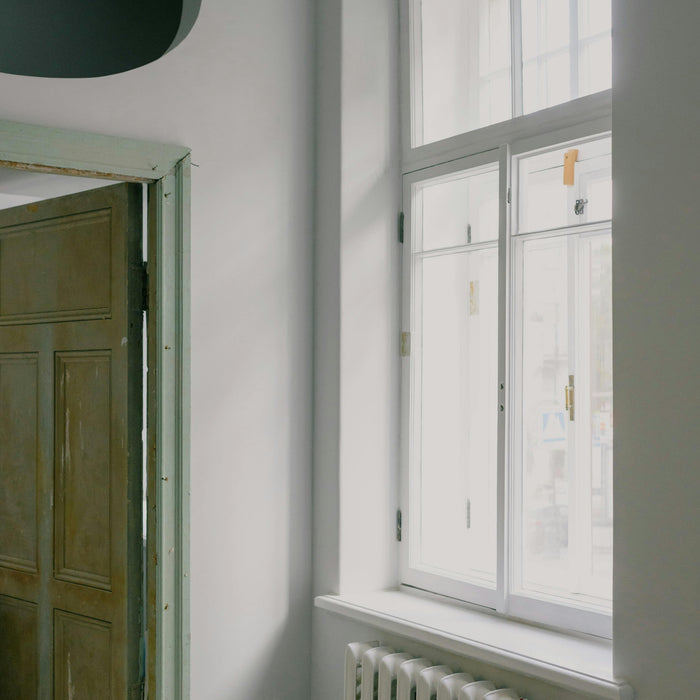
Which 7.4kW EV Charger is Best for Your Home?
With the rise of electric vehicles, having a reliable and efficient home EV charger is more important than ever. In this post, we compare three popular 7.4kW EV chargers: Aurora Seren 600000, Easee One 10523, and BG SyncEV EVS7GG. We’ll...







